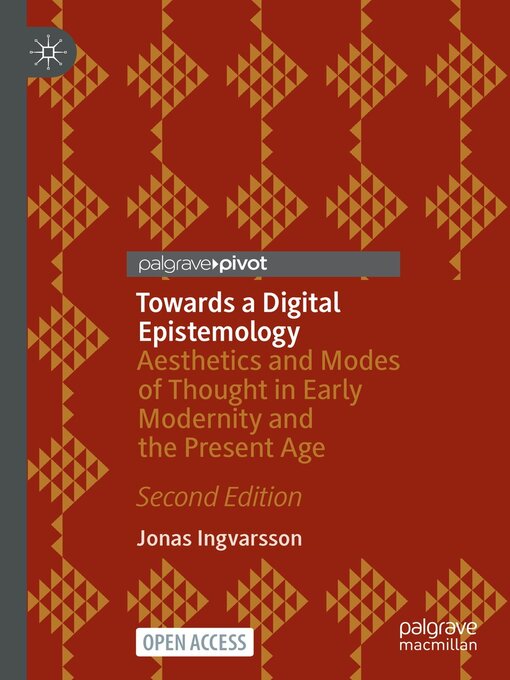This Open Access book explores the concept of digital epistemology. In this context, the digital will not be understood as merely something that is linked to specific tools and objects, but rather as different modes of thought. For example, the digital within the humanities is not just databases and big data, topic modelling and speculative visualizations; nor are the objects limited to computer games, other electronic works, or to literature and art that explicitly relate to computerization or other digital aspects. In what way do digital tools and expressions in the 1960s differ to the ubiquitous systems of our time? What kind of artistic effects does this generate? Is the present theoretical fascination for materiality an effect or a reaction to a digitization? Above all: how can early modern forms such as the cabinets of curiosity, emblem books and the archival principle of pertinence contribute to the analyses of contemporary digital forms?
- British Science Fiction Association awards
- Book of the Year
- International Booker Prize
- 2025 Women's Prize for Nonfiction
- The Arthur C. Clarke Award
- Uplifting Reads to Kickstart Your Year
- Bestsellers of 2024
- Nero Book Awards
- Great Reads from Around the World
- THE POLARI PRIZE
- World Poetry Day
- International Women's Day
- Business Book of the Year 2024
- See all ebooks collections
- World Cancer Day
- International Day of Women and Girls in Science
- Magazines
- World Photography Day
- See all magazines collections
